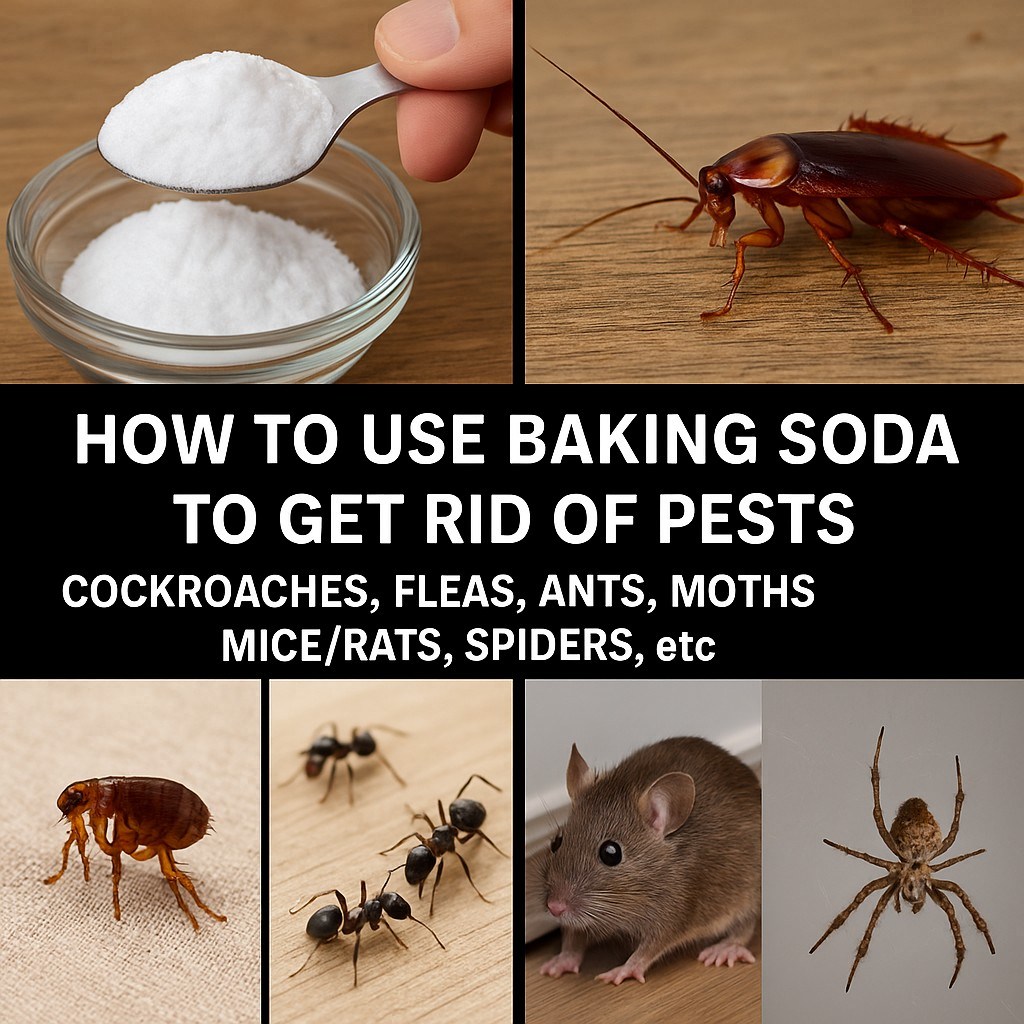ADVERTISEMENT
# Natural Remedies for Insects, Bugs, and Pests: A Comprehensive Guide
Insects and pests are an inevitable part of our environment, often causing nuisances or even damage to our homes, gardens, and health. While chemical pesticides have been the go-to solution for many years, there’s a growing shift towards natural remedies that are both effective and environmentally friendly. This guide delves into various natural methods to combat insects and pests, offering safe and sustainable alternatives for your home and garden.
—
## Table of Contents
1. [Introduction](#introduction)
2. [Understanding the Importance of Natural Remedies](#understanding-the-importance-of-natural-remedies)
3. [Essential Oils: Nature’s Insect Repellents](#essential-oils-natures-insect-repellents)
4. [Herbs and Plants as Natural Deterrents](#herbs-and-plants-as-natural-deterrents)
5. [Homemade Insecticidal Soaps and Sprays](#homemade-insecticidal-soaps-and-sprays)
6. [Beneficial Insects: Allies in Pest Control](#beneficial-insects-allies-in-pest-control)
7. [Physical Barriers and Traps](#physical-barriers-and-traps)
8. [Cultural Practices to Prevent Infestations](#cultural-practices-to-prevent-infestations)
9. [Conclusion](#conclusion)
—
## Introduction
The reliance on chemical pesticides has led to various environmental and health concerns, including the development of resistant pest populations and the contamination of ecosystems. Natural remedies offer a holistic approach to pest control, utilizing substances and methods that are less harmful to humans, animals, and beneficial insects. By integrating these natural solutions, we can create a balanced environment that deters pests without compromising our health or the planet.
—
## Understanding the Importance of Natural Remedies
Natural pest control methods are gaining popularity due to their effectiveness and minimal environmental impact. These methods often involve the use of plant-based substances, essential oils, beneficial insects, and cultural practices that disrupt pest life cycles. By adopting natural remedies, we can reduce our exposure to toxic chemicals and promote biodiversity.
—
## Essential Oils: Nature’s Insect Repellents
Essential oils are concentrated plant extracts known for their aromatic properties and insect-repelling abilities. Many essential oils contain compounds that are toxic to insects but safe for humans and pets when used correctly.
### Common Essential Oils and Their Uses
* **Lavender Oil**: Repels mosquitoes, flies, and moths.
* **Peppermint Oil**: Deters ants, spiders, and mice.
* **Eucalyptus Oil**: Effective against mosquitoes and ticks.
* **Tea Tree Oil**: Repels a variety of insects and has antifungal properties.
* **Citronella Oil**: Commonly used to repel mosquitoes.([en.wikipedia.org][1], [en.wikipedia.org][2])
### How to Use Essential Oils
* **DIY Spray**: Mix 10-20 drops of essential oil with 1 cup of water and a teaspoon of witch hazel or rubbing alcohol. Spray around entry points and areas where pests are prevalent.
* **Diffusers**: Use essential oil diffusers to disperse scents throughout the home, deterring flying insects.
* **Cotton Balls**: Soak cotton balls in essential oils and place them in areas like closets or under furniture to repel pests.
—
## Herbs and Plants as Natural Deterrents
Certain herbs and plants emit scents that are unpleasant to insects, making them effective natural repellents. Planting these in your garden or placing them around your home can help keep pests at bay.
### Effective Plants for Pest Control
* **Basil**: Repels flies and mosquitoes.
* **Mint**: Deters ants, mosquitoes, and mice.
* **Marigolds**: Repel nematodes and various insects.
* **Chrysanthemums**: Contain pyrethrins, which are toxic to insects.
* **Garlic**: Repels aphids, mosquitoes, and other pests.([myplainview.com][3])
### How to Utilize These Plants
* **Planting**: Grow these herbs and flowers in your garden or in pots around your home.
* **Essential Oil Extraction**: Distill oils from these plants to create homemade repellents.
* **Crushed Leaves**: Crush leaves and rub them on your skin or place them around the house to deter insects.
—
## Homemade Insecticidal Soaps and Sprays
Insecticidal soaps are effective against soft-bodied insects like aphids, mealybugs, and whiteflies. These soaps work by disrupting the cell membranes of insects, leading to dehydration and death.([blog.abchomeandcommercial.com][4], [en.wikipedia.org][5])
### DIY Insecticidal Soap Recipe
* **Ingredients**:
* 1 tablespoon of mild liquid soap (like castile soap)
* 1 quart of water([blog.abchomeandcommercial.com][4])
* **Instructions**:
1. Mix the soap and water in a spray bottle.
2. Shake well before each use.
3. Spray directly onto affected plants, covering both the tops and undersides of leaves.
4. Reapply every 5-7 days or after rain.
Note: Always test the solution on a small area of the plant first to ensure it doesn’t cause damage.
For Complete Cooking STEPS Please Head On Over To Next Page Or Open button (>) and don’t forget to SHARE with your Facebook friends
